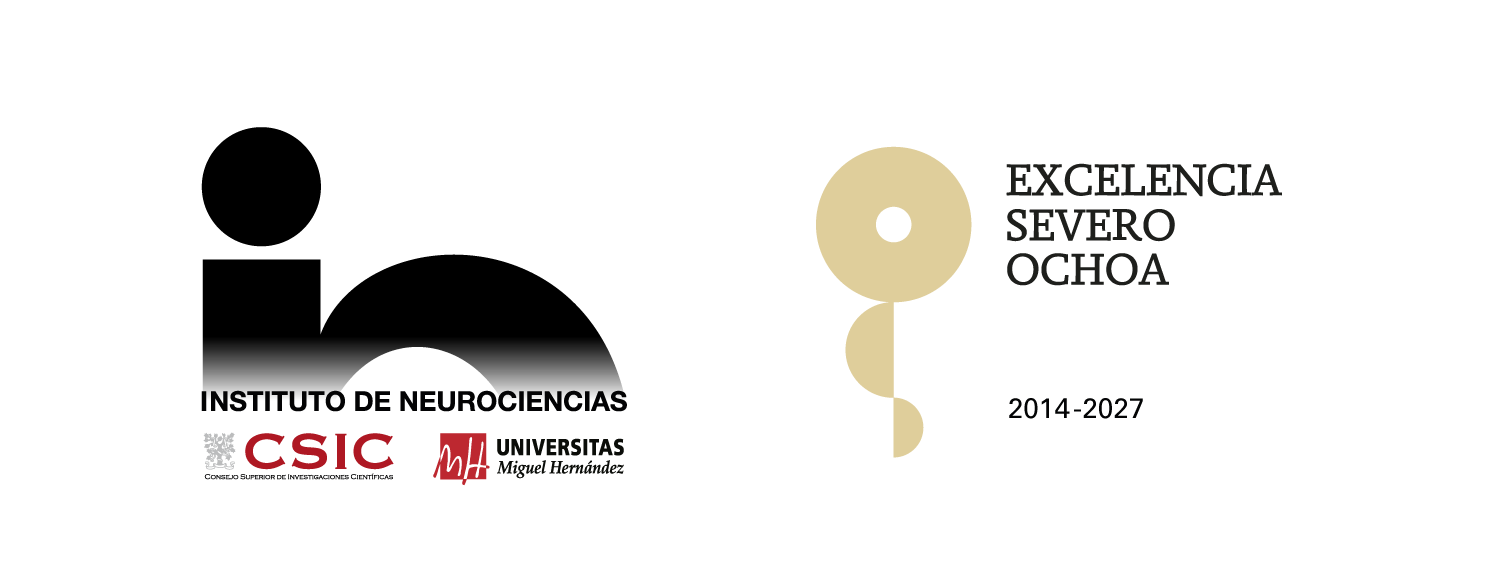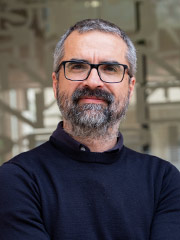Developmental Neurobiology
The Developmental Neurobiology Department consists of nine research groups dedicated to the study of: pattern formation, growth control mechanisms, neurogenesis, migration and axonal guidance, and synaptogenesis. Diverse animal models, both vertebrate (fish, chicken, rat, mouse) and invertebrate (drosophila) are employed in the study of both normal and pathological development of the nervous system, through the use of molecular biology, genetic, cellular and electrophysiological techniques
Research Groups
-
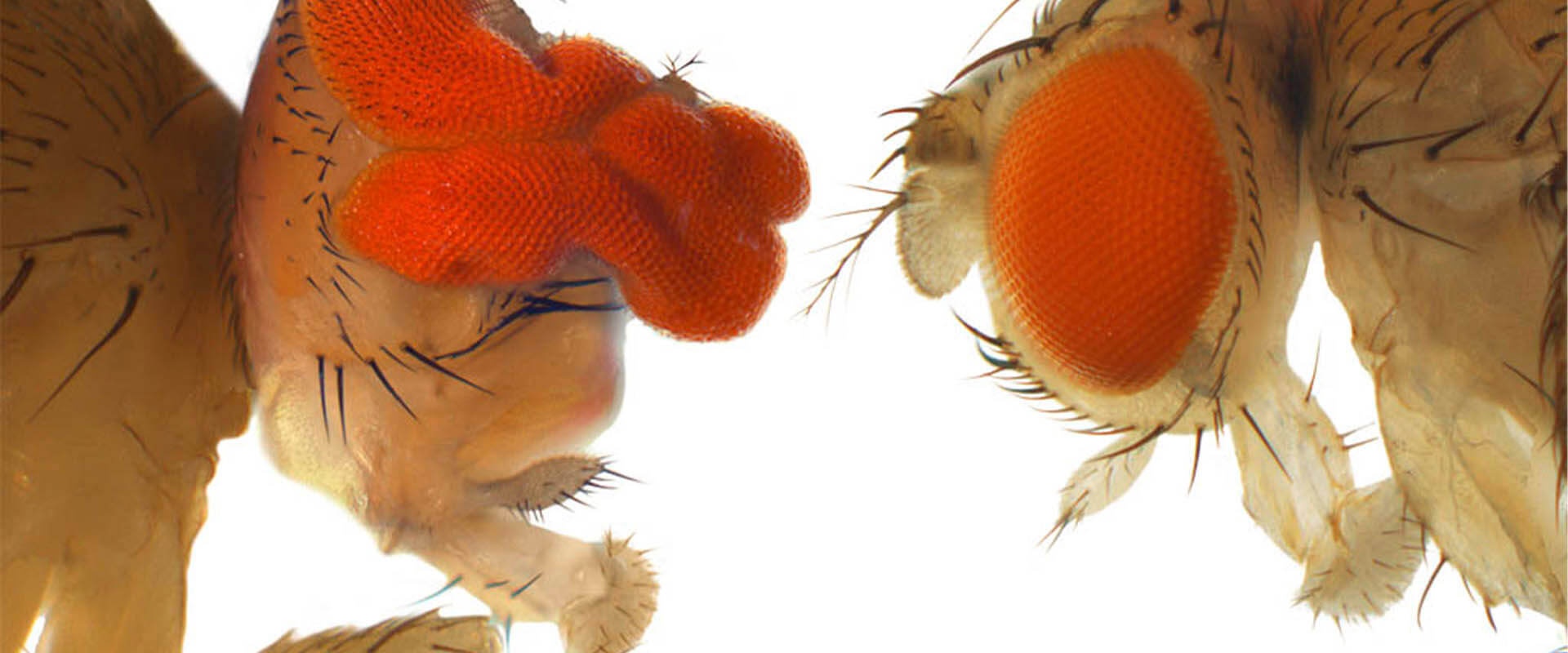 Mechanisms of growth control and cancer (PI: M. Domínguez Castellano)
Mechanisms of growth control and cancer (PI: M. Domínguez Castellano) -
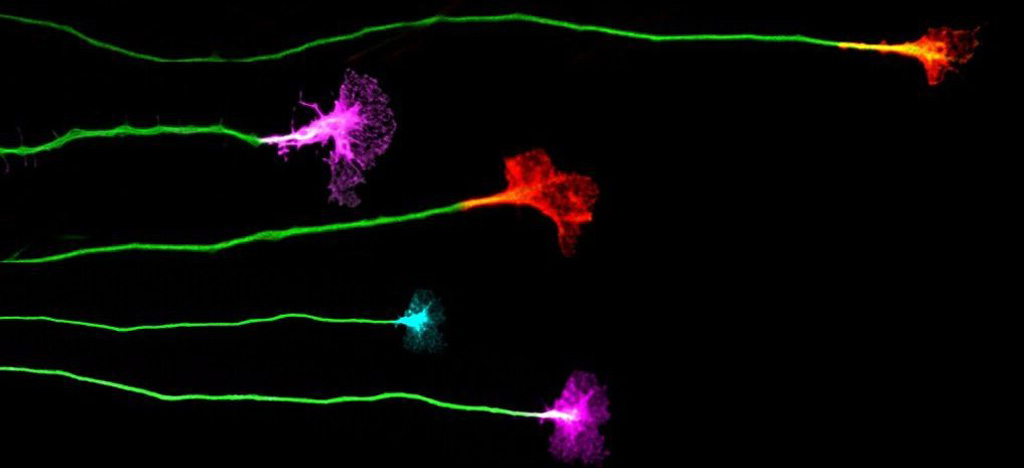 Generation and Regeneration of Bilateral Neural Circuits (PI: E. Herrera)
Generation and Regeneration of Bilateral Neural Circuits (PI: E. Herrera) -
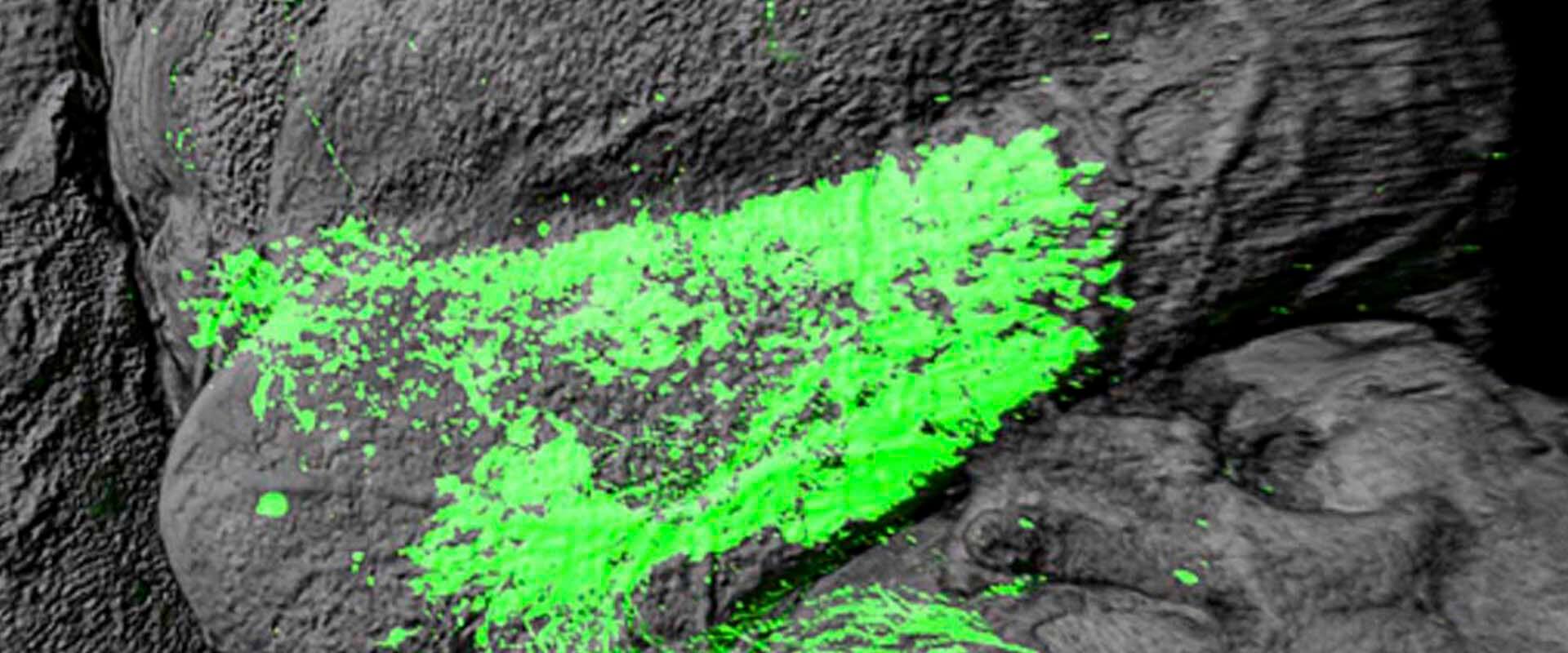 Development, Wiring and Function of Cerebellar Circuits (PI: JA. Moreno)
Development, Wiring and Function of Cerebellar Circuits (PI: JA. Moreno) -
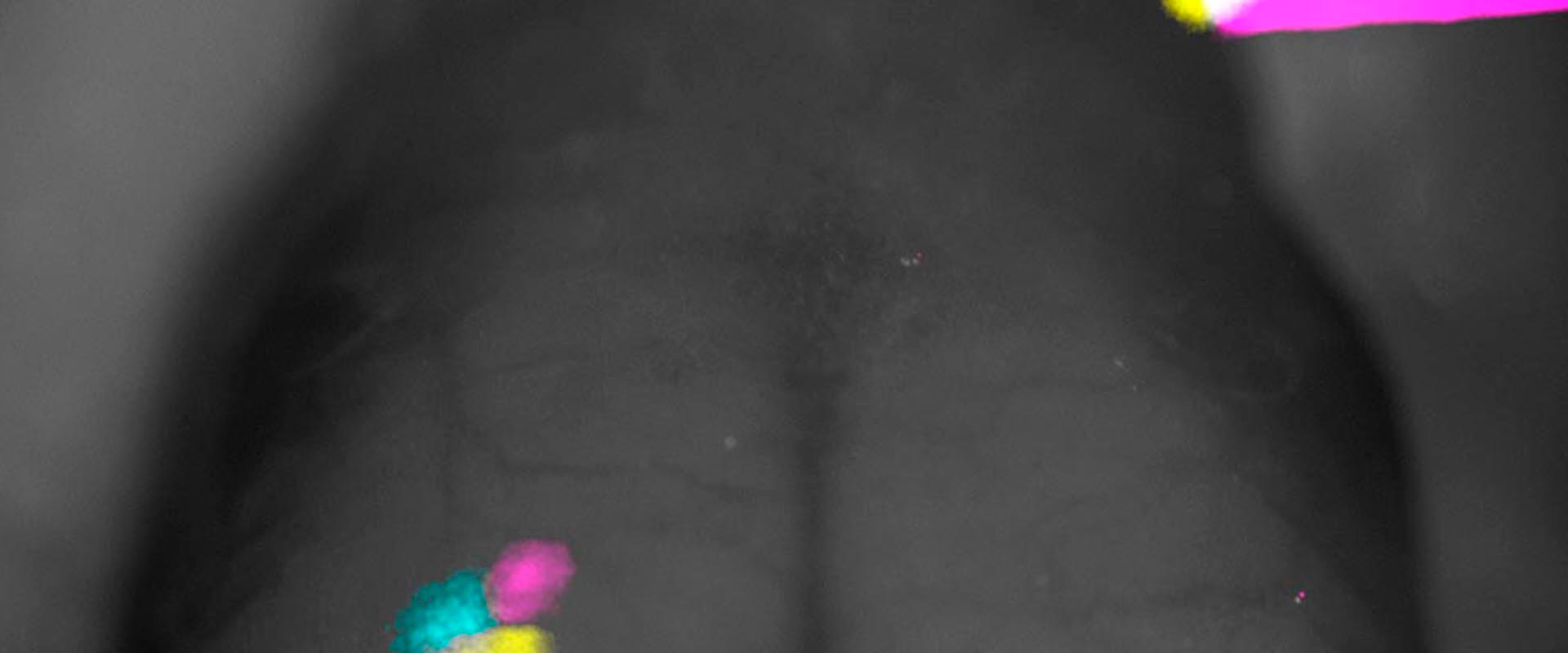 Development, Plasticity and Reprogramming of Sensory Circuits (PI: G. López Bendito)
Development, Plasticity and Reprogramming of Sensory Circuits (PI: G. López Bendito) -
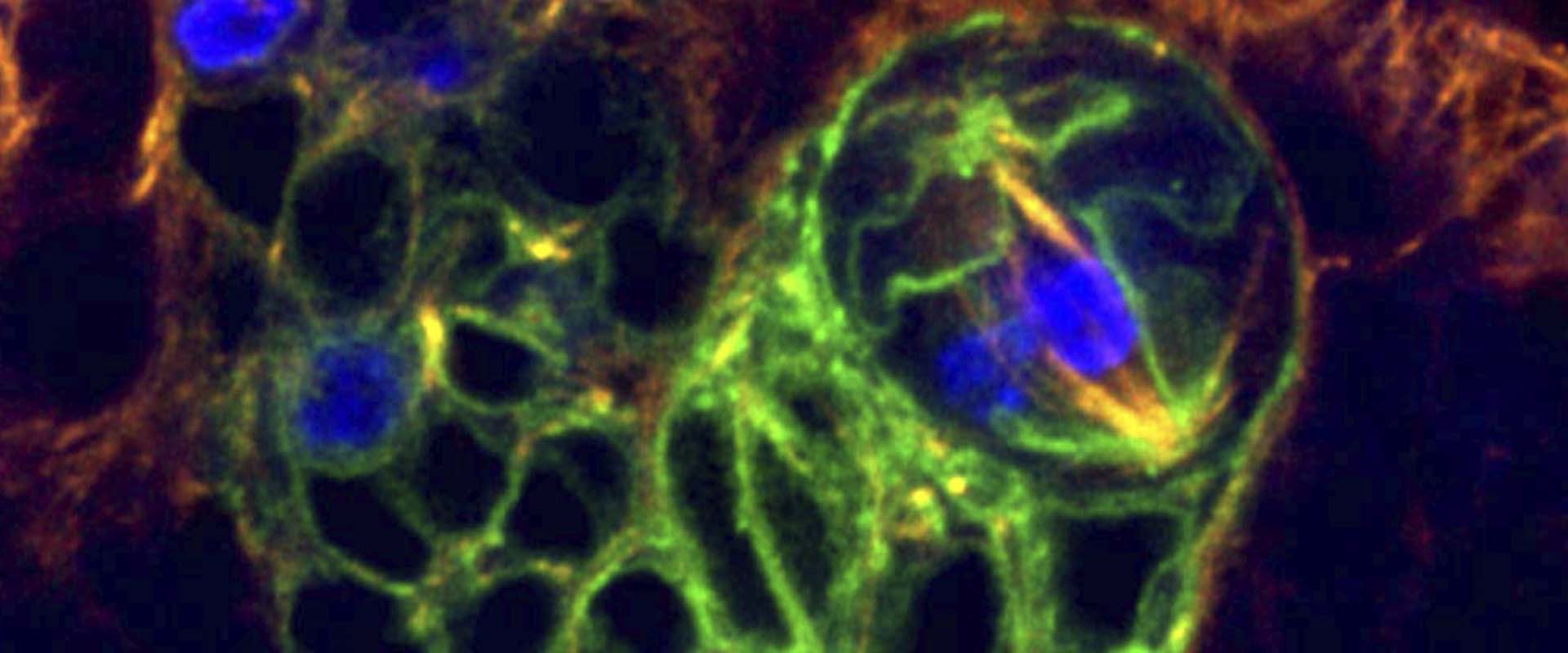 Asymmetric division of neural stem cells in development and tumorigenesis (PI: A. Carmena)
Asymmetric division of neural stem cells in development and tumorigenesis (PI: A. Carmena) -
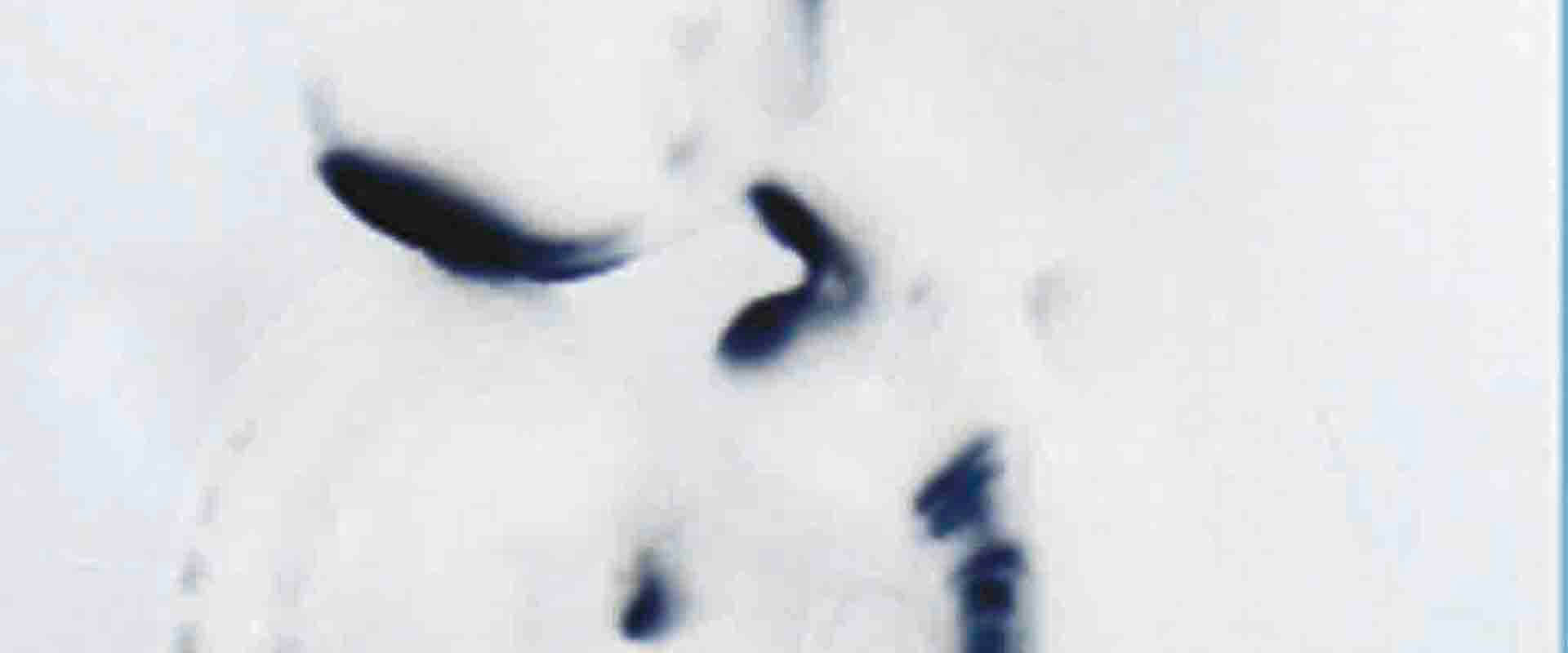 Neurobiology of mental, neurodegenerative and neuro-oncological diseases (PI: S. Martínez;D. Echevarria; E. de Puelles; E. Geijo)
Neurobiology of mental, neurodegenerative and neuro-oncological diseases (PI: S. Martínez;D. Echevarria; E. de Puelles; E. Geijo) -
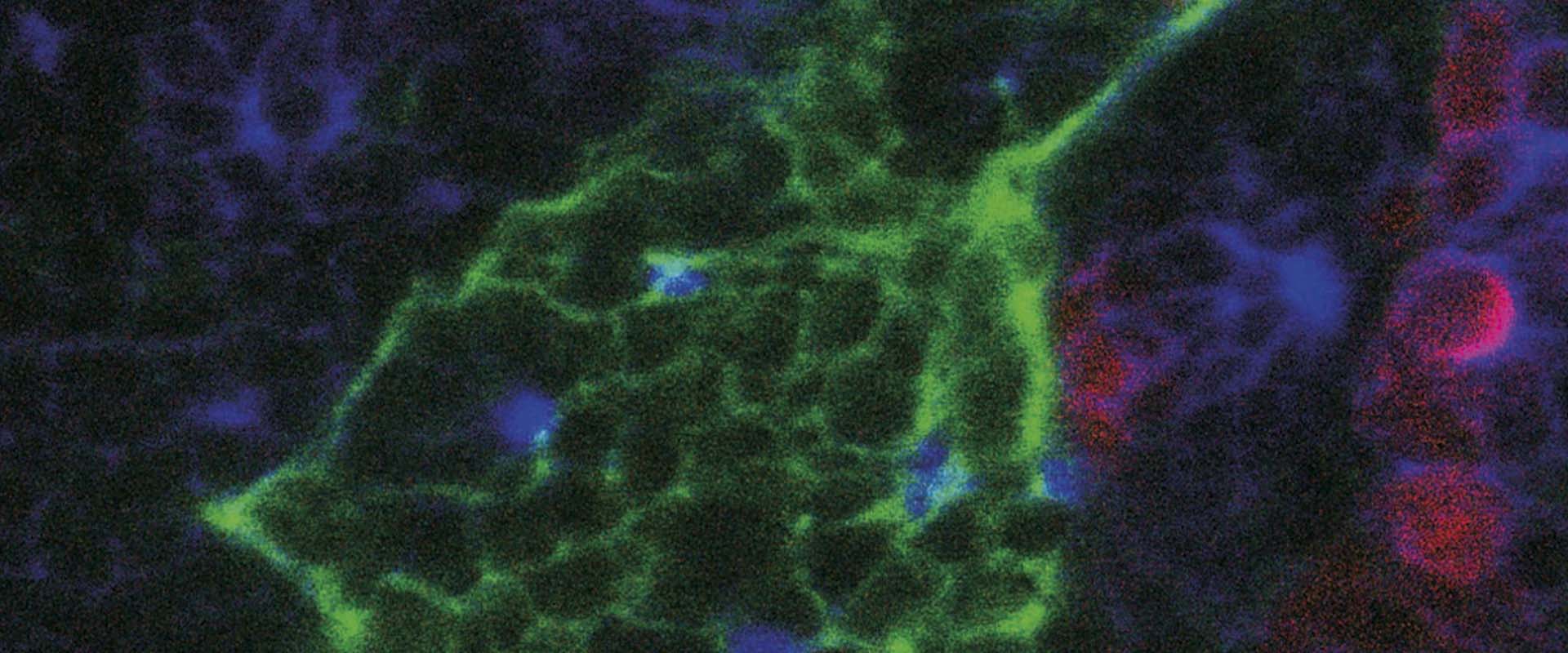 Neuroendocrine control of organ growth and sexual maturation (PI: J. Morante)
Neuroendocrine control of organ growth and sexual maturation (PI: J. Morante) -
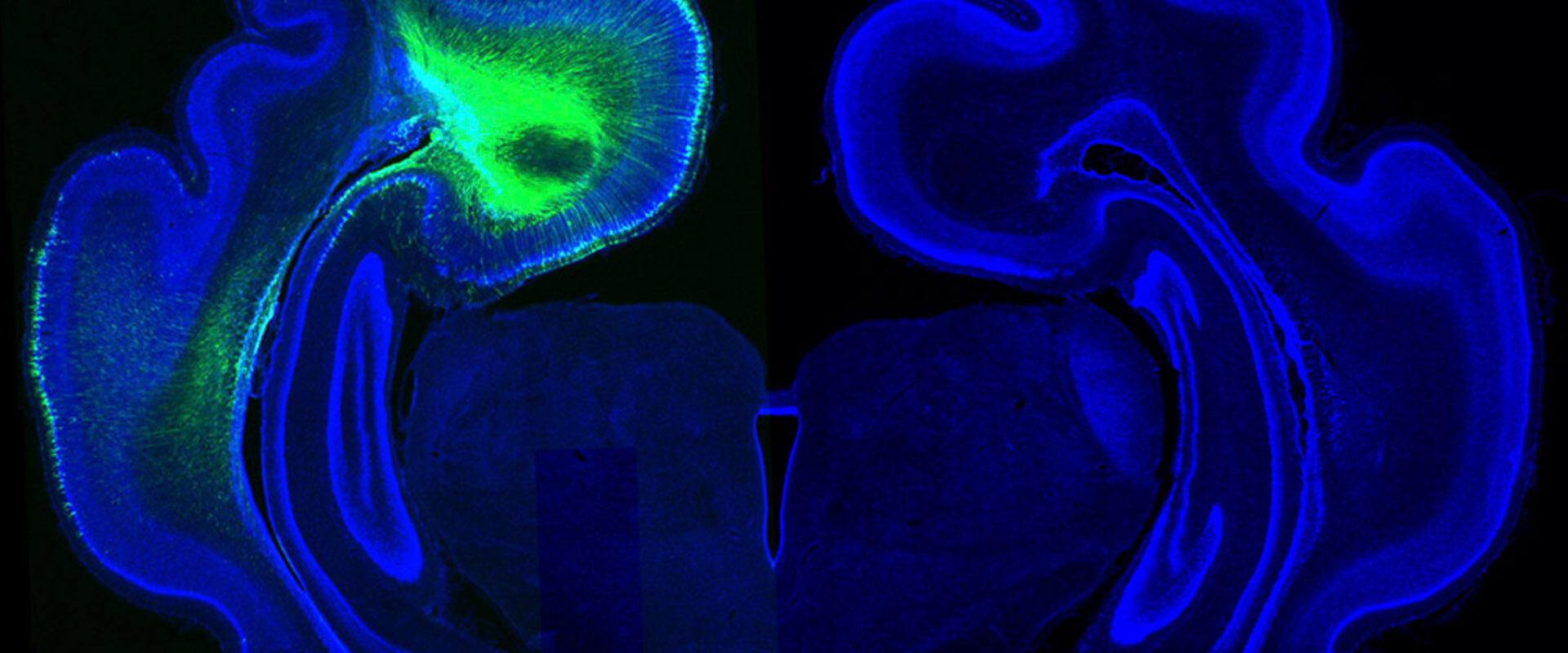 Neurogenesis and Cortical expansion (PI: V. Borrell)
Neurogenesis and Cortical expansion (PI: V. Borrell) -
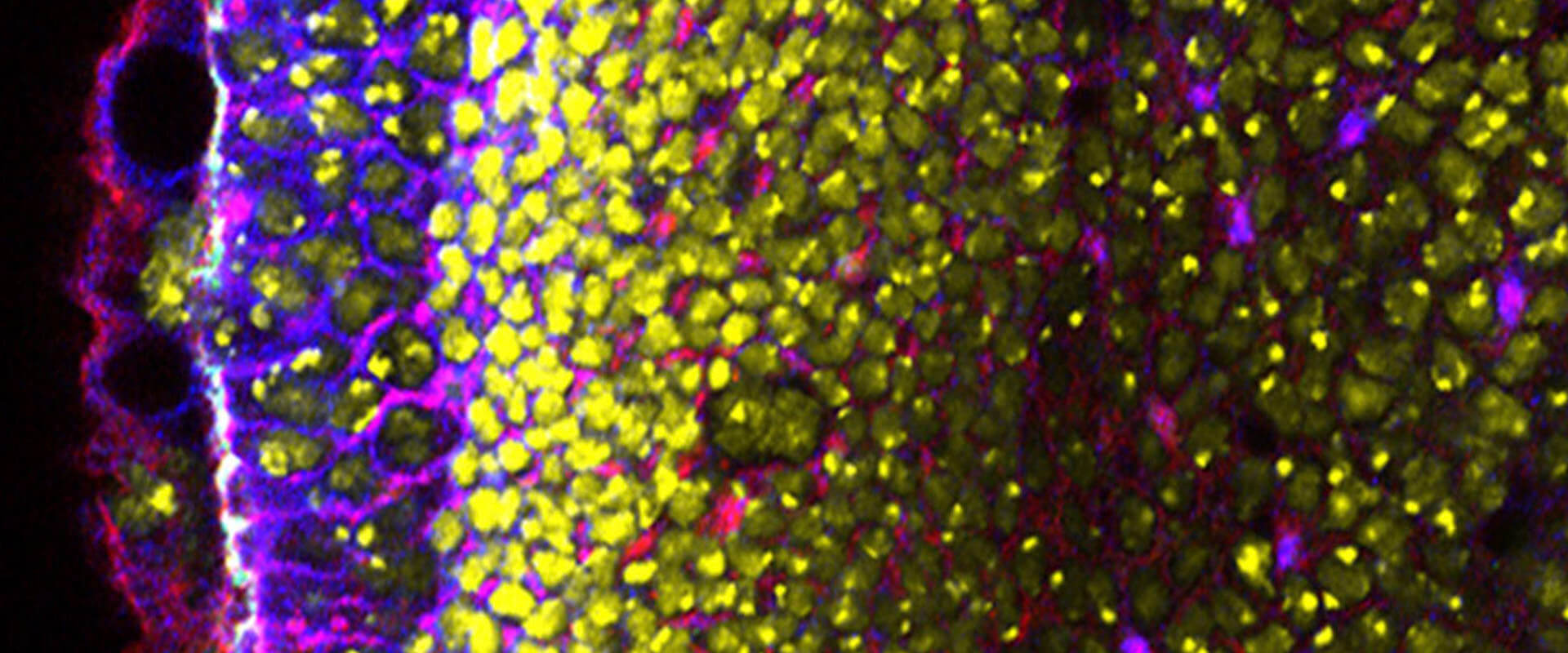 Molecular Neurogenetics (PI: F. Tejedor)
Molecular Neurogenetics (PI: F. Tejedor) -
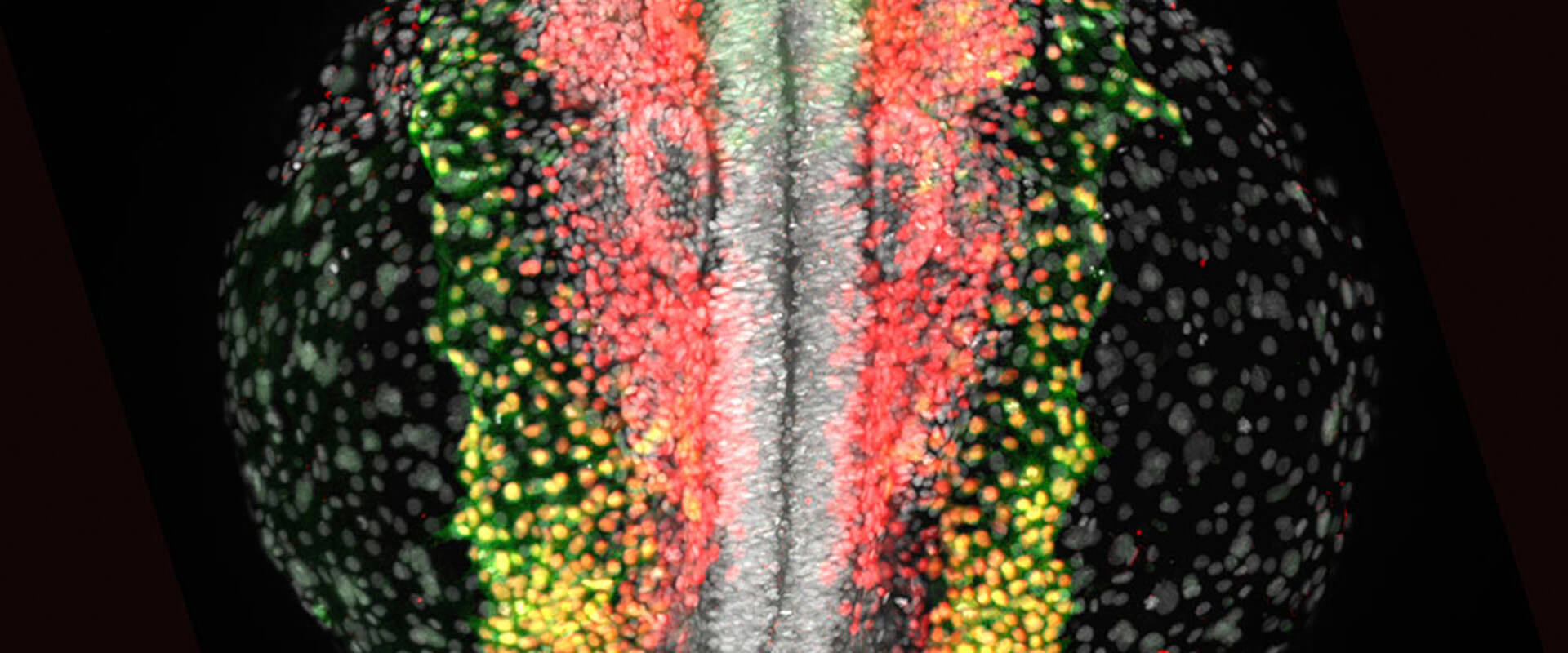 Cell Plasticity in Development and Disease (PI: A. Nieto; B. López-Sánchez)
Cell Plasticity in Development and Disease (PI: A. Nieto; B. López-Sánchez) -
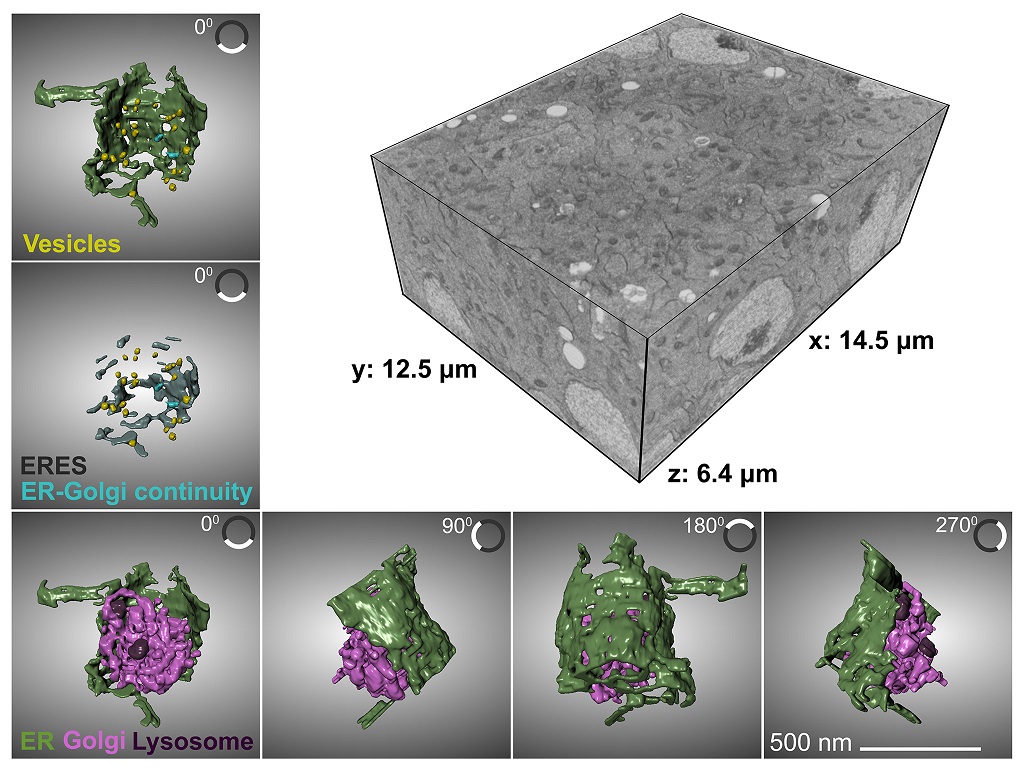 Cell-to-tissue architecture in the nervous system (PI: JC Pastor)
Cell-to-tissue architecture in the nervous system (PI: JC Pastor) -
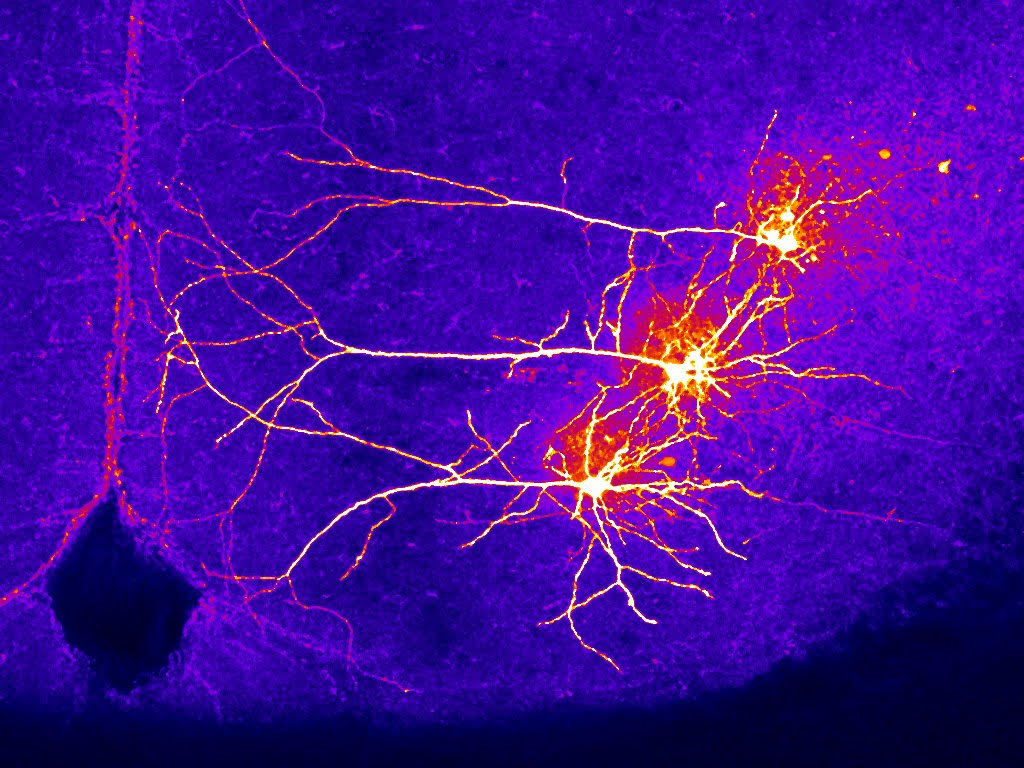 Developmental and cognitive disorders (PI: I. Del Pino)
Developmental and cognitive disorders (PI: I. Del Pino) -
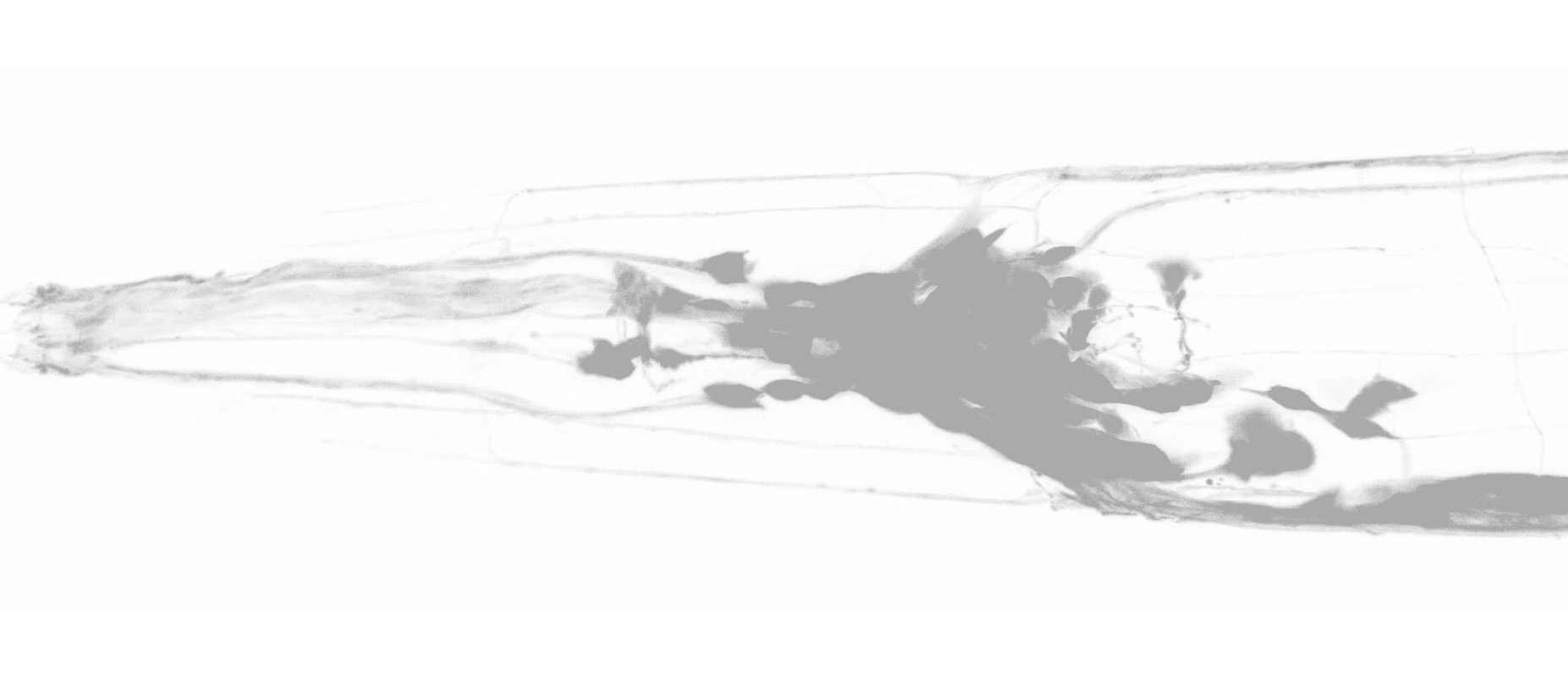 → Emerging line: Molecular mechanisms of neuronal identity (PI: E. Leyva-Díaz)
→ Emerging line: Molecular mechanisms of neuronal identity (PI: E. Leyva-Díaz)

 Español
Español